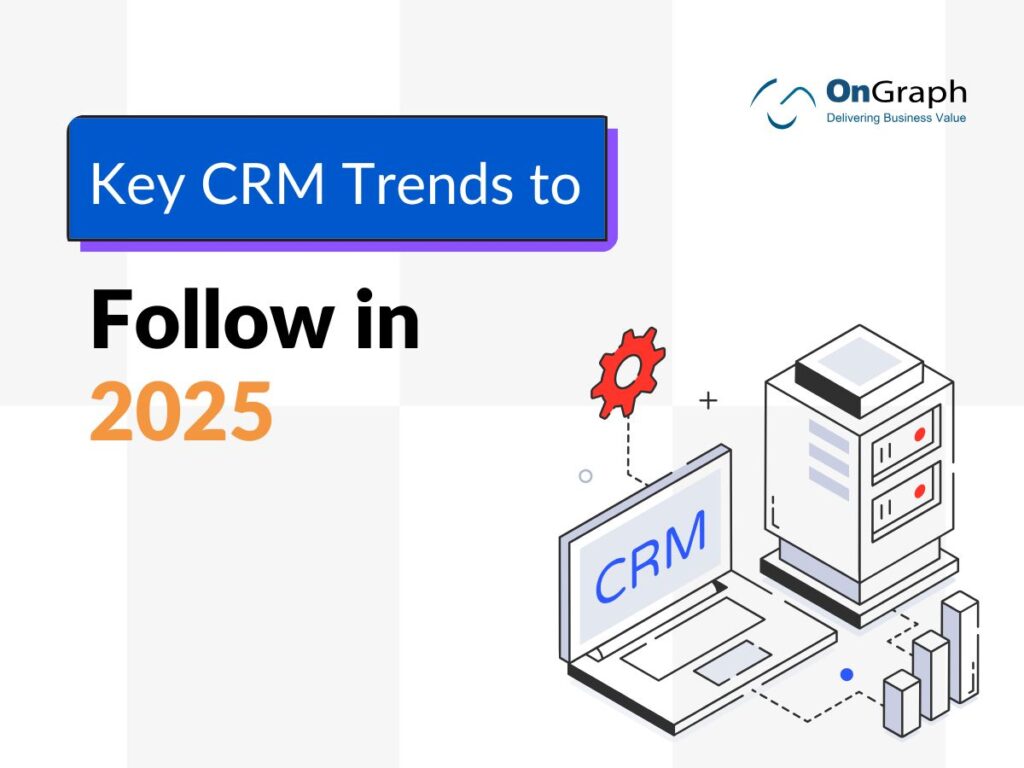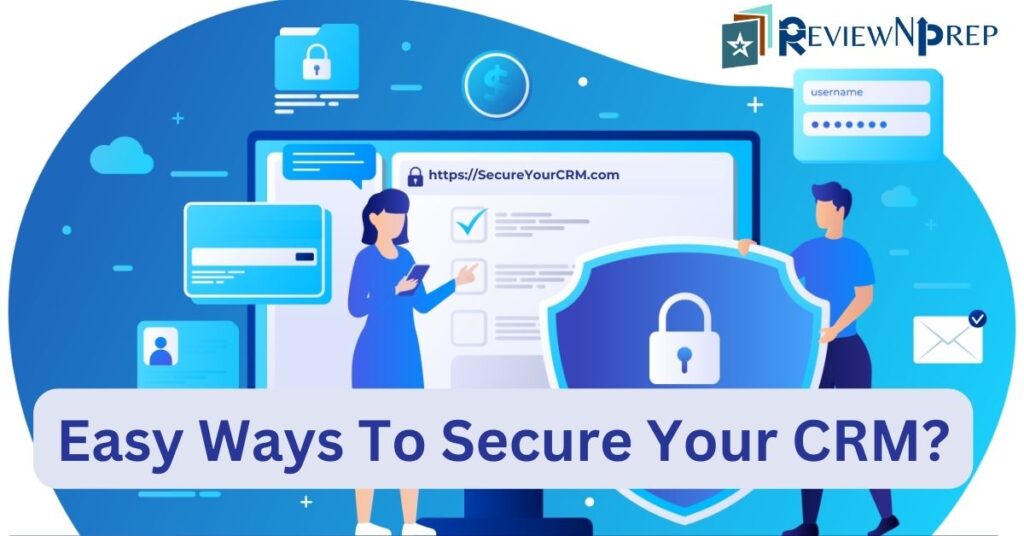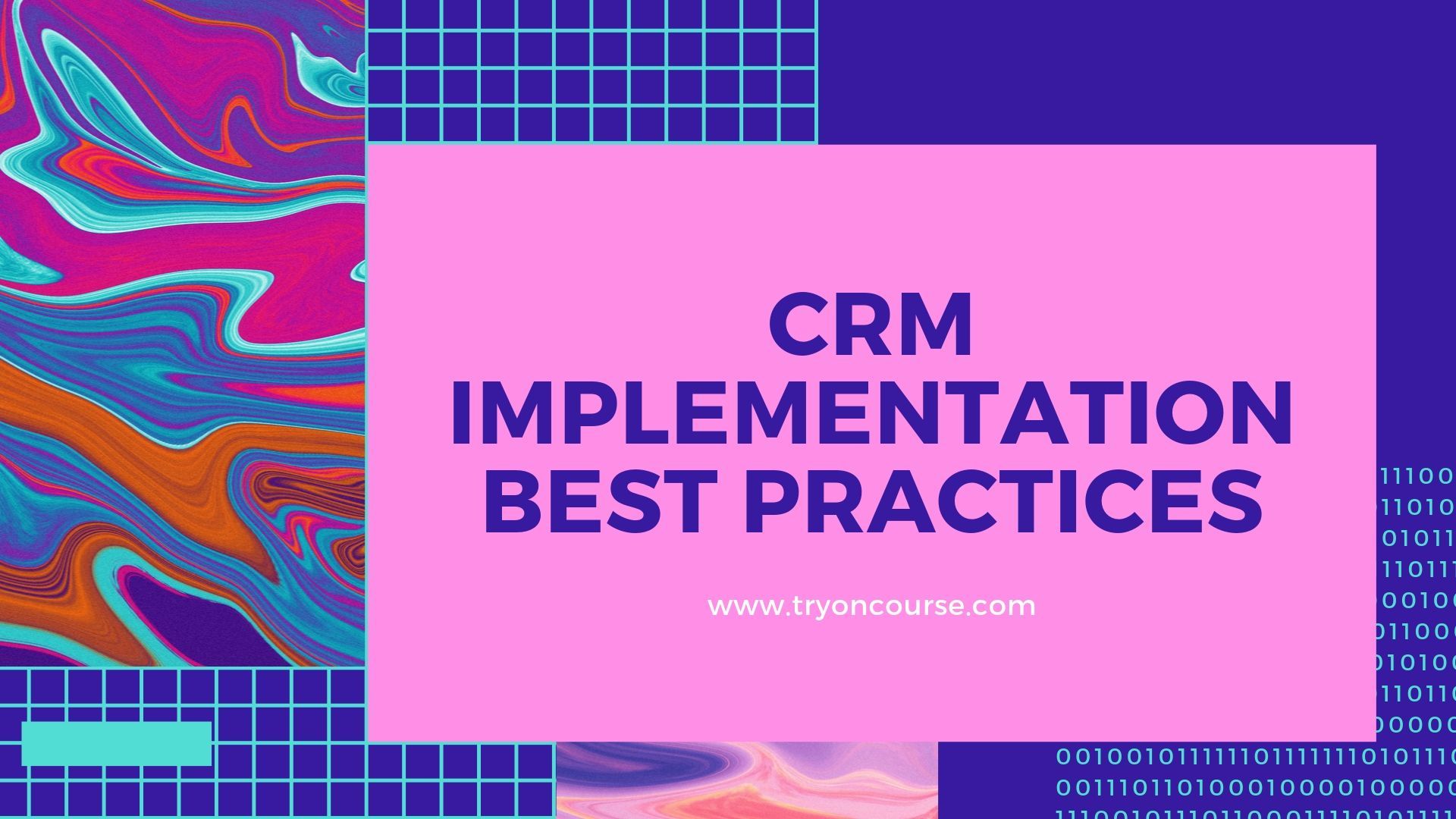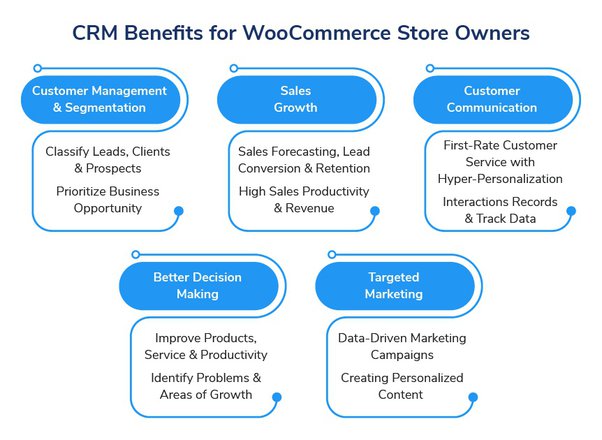Small Business CRM Trends 2025: Navigating the Future of Customer Relationships

Small Business CRM Trends 2025: Navigating the Future of Customer Relationships
The landscape of customer relationship management (CRM) is constantly evolving, and small businesses need to stay ahead of the curve to thrive. As we approach 2025, several key trends are poised to reshape how small businesses interact with their customers, manage data, and drive growth. This article delves into these trends, providing actionable insights and strategies to help your small business leverage CRM for success. We’ll explore the technological advancements, the shifts in customer expectations, and the evolving best practices that will define the CRM landscape in the coming years. Prepare to understand what it takes to not just survive, but truly excel in the competitive market.
The Rise of AI-Powered CRM
Artificial intelligence (AI) is no longer a futuristic concept; it’s a present-day reality transforming various industries. In the context of CRM, AI is becoming increasingly integrated, offering unprecedented opportunities for small businesses to enhance their customer interactions, automate tasks, and gain deeper insights. Let’s dive into specific applications:
1. Predictive Analytics for Customer Behavior
One of the most significant impacts of AI in CRM is its ability to analyze customer data and predict future behavior. AI algorithms can identify patterns, trends, and correlations within your data to forecast which customers are most likely to churn, which are ready to make a purchase, or which are most receptive to specific marketing campaigns. This allows small businesses to:
- Personalize Customer Experiences: Tailor interactions and offers based on predicted customer needs and preferences.
- Proactively Address Churn: Identify at-risk customers and take steps to retain them.
- Optimize Marketing Spend: Focus marketing efforts on the most promising leads, maximizing ROI.
2. Automated Chatbots and Virtual Assistants
AI-powered chatbots are becoming increasingly sophisticated, capable of handling a wide range of customer inquiries and tasks. For small businesses, this means:
- 24/7 Availability: Provide instant customer support around the clock, improving customer satisfaction.
- Reduced Support Costs: Automate routine inquiries, freeing up human agents to handle more complex issues.
- Lead Qualification: Qualify leads by asking questions and routing them to the appropriate sales representatives.
3. Intelligent Data Management
AI can automate data entry, cleansing, and organization, ensuring that your CRM system contains accurate and up-to-date information. This leads to:
- Improved Data Quality: Reduce errors and inconsistencies, leading to more reliable insights.
- Increased Efficiency: Automate time-consuming data management tasks.
- Enhanced Reporting: Generate more accurate and insightful reports for better decision-making.
The Growing Importance of Mobile CRM
In today’s fast-paced world, small business owners and their teams need access to customer data and CRM functionalities on the go. Mobile CRM solutions are becoming increasingly critical, enabling users to:
1. Access Data Anywhere, Anytime
Mobile CRM apps allow users to access customer information, update records, and manage tasks from their smartphones or tablets, regardless of their location. This is especially beneficial for:
- Sales Representatives: Access customer details during client meetings or on the road.
- Field Service Technicians: View customer history and service requests while on site.
- Business Owners: Stay connected and manage their business operations remotely.
2. Streamlined Sales Processes
Mobile CRM can streamline sales processes by enabling users to:
- Manage Leads: Capture and qualify leads on the go.
- Track Opportunities: Monitor the progress of sales deals.
- Close Deals Faster: Access the necessary information to close deals efficiently.
3. Improved Customer Service
Mobile CRM empowers customer service teams to:
- Respond Quickly to Inquiries: Access customer history and support tickets on the go.
- Provide Personalized Support: Tailor interactions based on customer data.
- Resolve Issues Efficiently: Access knowledge bases and troubleshooting guides from their mobile devices.
Hyper-Personalization: The Future of Customer Engagement
Customers today expect personalized experiences. Generic, one-size-fits-all approaches are no longer effective. Hyper-personalization, which involves tailoring every interaction to the individual customer, is becoming a key trend. This goes beyond simply using a customer’s name; it’s about understanding their needs, preferences, and behaviors to deliver highly relevant and engaging experiences.
1. Data-Driven Personalization
Hyper-personalization relies heavily on data. CRM systems that can collect and analyze data from various sources (website activity, purchase history, social media interactions, etc.) are crucial for delivering personalized experiences. This includes:
- Personalized Product Recommendations: Suggesting products based on past purchases and browsing behavior.
- Tailored Content: Delivering content that is relevant to a customer’s interests and needs.
- Customized Offers: Providing special discounts and promotions based on individual customer profiles.
2. Segmenting Your Audience
Successful hyper-personalization requires segmenting your audience into groups based on shared characteristics. This allows you to:
- Create Targeted Marketing Campaigns: Develop campaigns that resonate with specific customer segments.
- Personalize Email Marketing: Send targeted emails with relevant content and offers.
- Improve Website Experience: Customize website content based on user behavior and preferences.
3. Real-Time Personalization
Real-time personalization involves tailoring experiences in the moment, based on a customer’s current behavior. This could include:
- Website Personalization: Adjusting website content based on a visitor’s browsing activity.
- Chatbot Interactions: Providing personalized recommendations and support during chat sessions.
- Dynamic Content in Emails: Displaying different content in emails based on user behavior.
CRM and the Rise of Omnichannel Customer Experience
Customers interact with businesses across multiple channels – website, email, social media, phone, and more. An omnichannel approach provides a seamless and integrated customer experience across all these channels. This is a critical trend because:
1. Consistency Across Channels
An omnichannel CRM ensures that customer interactions are consistent, regardless of the channel. This means:
- Consistent Messaging: Delivering the same brand message across all channels.
- Consistent Information: Ensuring that customer data is accessible and up-to-date across all channels.
- Consistent Service Levels: Providing the same level of service regardless of the channel.
2. Seamless Transitions
Customers should be able to seamlessly transition between channels without having to repeat information or start over. For example, a customer should be able to start a conversation on a website and continue it via email or phone, with the context of the conversation preserved.
3. Data Integration
An effective omnichannel CRM integrates data from all channels into a single view of the customer. This allows businesses to:
- Gain a 360-Degree View of the Customer: Understand customer behavior across all channels.
- Personalize Interactions: Tailor interactions based on a complete understanding of the customer journey.
- Improve Customer Satisfaction: Provide a more seamless and personalized experience.
The Importance of CRM Integration
To maximize the benefits of CRM, small businesses need to integrate their CRM system with other business applications. This includes:
1. Marketing Automation Tools
Integrating CRM with marketing automation tools allows businesses to:
- Automate Marketing Campaigns: Trigger automated email sequences and other marketing activities based on customer behavior and data from the CRM.
- Personalize Marketing Messages: Tailor marketing messages based on customer data stored in the CRM.
- Track Marketing ROI: Measure the effectiveness of marketing campaigns by tracking leads and sales generated from the CRM.
2. E-commerce Platforms
Integrating CRM with e-commerce platforms allows businesses to:
- Track Customer Purchases: Capture customer purchase history and use it to personalize future interactions.
- Manage Customer Data: Centralize customer data from e-commerce transactions and CRM interactions.
- Personalize the Shopping Experience: Provide personalized product recommendations and offers based on customer data.
3. Accounting Software
Integrating CRM with accounting software allows businesses to:
- Streamline Invoicing: Automate the creation and delivery of invoices based on sales data from the CRM.
- Track Payments: Track customer payments and manage accounts receivable.
- Gain a Complete Financial View: Integrate sales and customer data with financial data for a more comprehensive business overview.
Data Privacy and Security: A Paramount Concern
As CRM systems collect and store vast amounts of customer data, data privacy and security are becoming increasingly important. Small businesses must prioritize:
1. Compliance with Data Privacy Regulations
Regulations such as GDPR (General Data Protection Regulation) and CCPA (California Consumer Privacy Act) impose strict requirements on how businesses collect, store, and use customer data. Small businesses must:
- Understand the Regulations: Familiarize themselves with the relevant data privacy regulations.
- Obtain Consent: Obtain explicit consent from customers before collecting and using their data.
- Provide Data Access: Allow customers to access, modify, and delete their data.
2. Implementing Robust Security Measures
Small businesses must implement robust security measures to protect customer data from breaches and cyberattacks. This includes:
- Data Encryption: Encrypting sensitive data to protect it from unauthorized access.
- Access Controls: Limiting access to customer data to authorized personnel only.
- Regular Security Audits: Conducting regular security audits to identify and address vulnerabilities.
3. Transparency and Trust
Building trust with customers is essential. Small businesses should:
- Be Transparent: Clearly communicate how customer data is collected, used, and protected.
- Provide Data Security Guarantees: Assure customers that their data is safe and secure.
- Prioritize Customer Privacy: Make customer privacy a top priority.
CRM and the Future of Remote Work
The rise of remote work has had a significant impact on CRM. Small businesses need to adapt their CRM strategies to support remote teams. This includes:
1. Cloud-Based CRM Solutions
Cloud-based CRM solutions offer several advantages for remote teams:
- Accessibility: Access customer data and CRM functionalities from anywhere with an internet connection.
- Collaboration: Facilitate collaboration among remote team members.
- Scalability: Easily scale up or down as needed.
2. Communication and Collaboration Tools
Integrating CRM with communication and collaboration tools, such as Slack or Microsoft Teams, can improve communication and collaboration among remote team members. This includes:
- Real-Time Communication: Enable real-time communication about customer interactions.
- Document Sharing: Facilitate the sharing of customer-related documents.
- Task Management: Assign and track tasks related to customer interactions.
3. Performance Monitoring
Remote work requires a focus on performance monitoring. Small businesses should use CRM to track key metrics, such as:
- Sales Performance: Track sales activities and results.
- Customer Service Metrics: Monitor customer service performance metrics, such as response times and resolution rates.
- Employee Productivity: Track employee productivity and identify areas for improvement.
Choosing the Right CRM for Your Small Business
Selecting the right CRM system is crucial for success. Here’s what to consider:
1. Define Your Needs
Before selecting a CRM, clearly define your business needs and goals. Consider:
- Your Business Objectives: What do you want to achieve with CRM?
- Your Customer Interactions: How do you interact with your customers?
- Your Sales Processes: How do you manage your sales pipeline?
- Your Customer Service Needs: What level of customer service do you need to provide?
2. Research Different CRM Systems
Researching different CRM systems is essential to finding the right fit. Consider:
- Features and Functionality: Does the CRM offer the features you need?
- Ease of Use: Is the CRM user-friendly?
- Integration Capabilities: Does the CRM integrate with your other business applications?
- Pricing: Is the CRM affordable for your business?
- Reviews and Ratings: What do other users say about the CRM?
3. Consider Scalability
Choose a CRM that can grow with your business. Consider:
- Scalability of Features: Can the CRM handle your growing needs?
- Scalability of Users: Can the CRM accommodate a growing number of users?
- Data Capacity: Can the CRM handle a growing amount of data?
The Human Element: CRM in a People-First World
While technology plays a pivotal role, it’s important to remember that CRM is ultimately about building relationships. In 2025 and beyond, successful CRM strategies will emphasize:
1. Training and Adoption
Investing in training your team on how to effectively use the CRM system is critical. This includes:
- Training Programs: Provide comprehensive training programs on CRM features and best practices.
- Ongoing Support: Offer ongoing support to help users address any questions or issues.
- User Adoption Strategies: Implement strategies to encourage user adoption and ensure that the CRM system is used effectively.
2. Customer-Centric Approach
Always prioritize the customer. This means:
- Understanding Customer Needs: Take the time to understand your customers’ needs and preferences.
- Building Relationships: Focus on building strong relationships with your customers.
- Providing Excellent Customer Service: Go above and beyond to provide excellent customer service.
3. Feedback and Iteration
Continuously seek feedback from your team and your customers. Use this feedback to:
- Improve CRM Processes: Identify and address any inefficiencies in your CRM processes.
- Enhance the Customer Experience: Make improvements to enhance the customer experience.
- Adapt to Change: Adapt to changing customer expectations and market trends.
Conclusion: Preparing for a Customer-Centric Future
The CRM landscape in 2025 will be defined by AI, personalization, omnichannel experiences, data privacy, and the evolving nature of remote work. Small businesses that embrace these trends, choose the right CRM system, and prioritize the human element will be best positioned to thrive. By understanding the evolving needs of their customers and continuously adapting their strategies, small businesses can build strong customer relationships, drive growth, and achieve long-term success. The future of CRM is about more than just managing customer data; it’s about creating meaningful connections and delivering exceptional experiences. By focusing on these key areas, your small business can not only navigate the changes ahead but also harness the power of CRM to build a brighter future.



